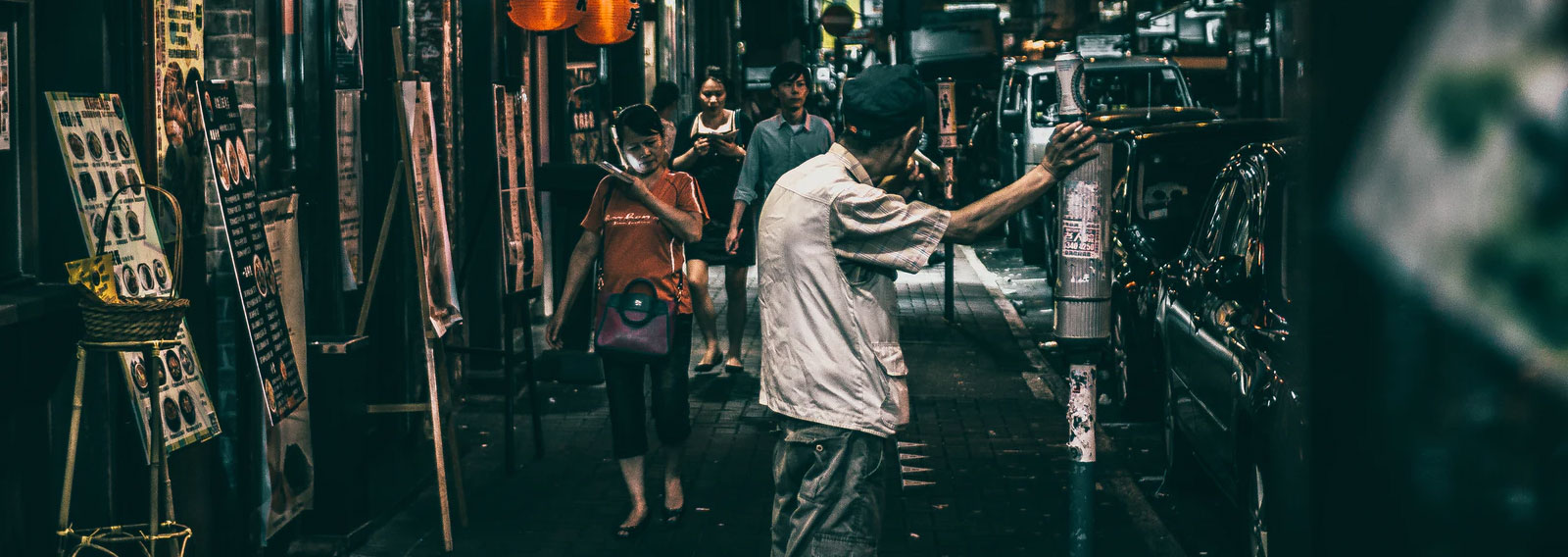An international Christian watchdog organization for persecuted Christians worldwide has said the persecution of Christians in China is set to rise in 2021.
In its annual Persecution Trends survey, Release International warned that persecution is thriving in Communist China, which has gone unchallenged by the international community due to increased dependence on trade.
According to the organization’s partners: “The government of President Xi Jinping is increasing its ‘clean up’ of anything that does not advance the communist agenda. They appear to believe that they can achieve this by systematic opposition.”
Release International’s website notes: “Tough new laws controlling religion have been imposed. Non-registered churches have been raided and closed in 2020, and increasing numbers of registered churches have been made to install CCTV cameras and put up posters proclaiming communist ideals and beliefs.”
The organization went on to accuse China of exploiting the pandemic in an effort to tighten restrictions on underground church gatherings.
Bob Fu of ChinaAid said: “The Chinese Government is trying every way to take advantage of the virus by increasing the crackdown against Christian churches. It has accelerated particular campaigns, such as the forced removal of crosses.”
Earlier this year, it was reported that the Chinese Communist Party was ordering Christians to replace crosses and religious images in their homes with portraits of Chairman Mao and President Xi Jinping or else lose their social welfare payments.
According to the Daily Wire: “The reports come from Bitter Winter, a publication that the U.S. Department of State has cited in official reports and describes as ‘an online magazine on religious liberty and human rights in China.’”
The organization reported on Tuesday: “The participants were ordered to remove crosses, religious symbols and images from the homes of people of faith who receive social welfare payments and replace them with portraits of Chairman Mao and President Xi Jinping.
“The officials were instructed to annul the subsidies to those who protested the order.”
The move did not come as a surprise to some. Last year a senior Chinese official who oversees state-sanctioned churches, vowed to purge Christianity in China of any Western ‘imprint’.
Xu Xiaohong, chairman of the National Committee of the Three-Self Patriotic Movement (TSPM), attacked the ‘Western influence’ on Christianity saying, “[We] must recognise that Chinese churches are surnamed ‘China’, not ‘the West.’”
“The actions by anti-China forces that attempt to affect our social stability or even subvert the regime of our country are doomed to fail,” Xu told delegates to the Chinese People’s Political Consultative Conference at the Great Hall of the People in Beijing.
According to Xu, Christianity spread to China when Western powers were invading the country, and is, therefore, a “foreign religion.”
“Some believers lack national consciousness, and that’s why we have the saying: ‘One more Christian, on less Chinese,’” Xu said.
“No matter how much effort or time it takes, our resolution in upholding the Sinicisation of Protestantism will never change, and our determination to walk a path that is adapted to a socialist society will never waver.”
China’s “sinicization campaign” was introduced by President Xi Jinping in 2015 and seeks to bring religion under the official atheist party’s absolute control and into line with Chinese culture, The Christian Post reported.
“According to a five-year plan to sinicize Protestant churches released by the Chinese religious authorities, efforts to make the faith more ‘Chinese’ include a rewrite of the New Testament using Buddhist scripture and Confucian teachings to champion socialist ideals.”
Over the past year, local governments have shut down hundreds of unofficial church gatherings that operate outside the government-approved network. Furthermore, authorities have reportedly removed crosses from buildings, forced churches to hang the Chinese flag, sing patriotic songs, and barred minors from attending services.
“Last year’s crackdown is the worst in three decades,” ChinaAid’s founder Bob Fu, told The Guardian.
“Bibles, sales of which have always been controlled in China, are no longer available for purchase online, a loophole that had existed for years. In December, Christmas celebrations were banned in several schools and cities across China.”
In 2017, South China Morning Post reported that local governments urged impoverished believers to remove images of Jesus and crosses and replace them with portraits of President Xi if they wanted to benefit from poverty-relief efforts.
At the time, Qi Yan, chairman of the Huangjinbu people’s congress and the people in charge of the township’s poverty-relief drive claimed, relief funds were not contingent on the removal of religious imagery.
“We only asked them to take down [religious] posters in the centre of the home. They can still hang them in other rooms, we won’t interfere with that. What we require is for them not to forget about the party’s kindness at the centre of their living rooms.”
Fast forward to present-day China, and it’s now being reported that Christians have been cut off from welfare payments after refusing to sign a statement renouncing their faith.
Bitter Winter also reported a number of incidences of officials tearing down religious writings and imagery in multiple homes and replacing them with portraits of Mao Zedong.
Daily Wire reports: “The communist official reportedly told [one of the church memebers], ‘Impoverished religious households can’t receive money from the state for nothing — they must obey the Communist Party for the money they receive.”
There are at least 60 million Christians in China.






















